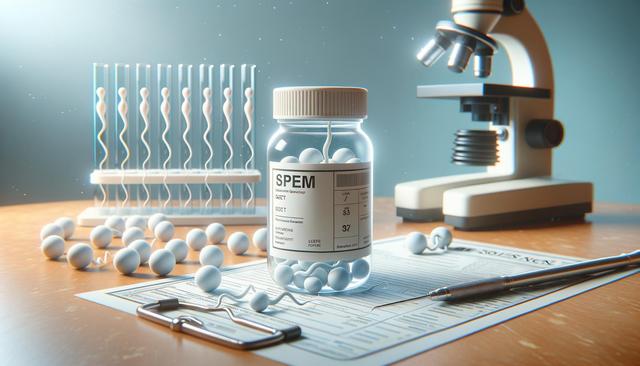
Understanding the Role of a Sperm Donor: A Comprehensive Guide
What Is a Sperm Donor?
A sperm donor is an individual who donates semen, typically through a fertility clinic or sperm bank, to help individuals or couples conceive a child. This process is commonly used in assisted reproductive technologies (ART) such as intrauterine insemination (IUI) or in vitro fertilization (IVF). Donors can be known or anonymous, and their involvement in the child’s life is generally determined by legal agreements made before donation. The use of donor sperm is a valuable option for single individuals, same-sex couples, and heterosexual couples experiencing male infertility.
Clinics that accept sperm donations follow strict guidelines to ensure the health and eligibility of donors. These typically include medical testing, genetic screening, and psychological evaluation. The goal is to minimize health risks to both the recipient and the potential child. Moreover, legal documentation is essential to prevent future disputes about parental rights. In most jurisdictions, sperm donors have no legal obligation to any children conceived from their donation.
Reasons for Using a Sperm Donor
The decision to use a sperm donor can stem from various personal, medical, or social reasons. Some of the most common include:
- Male infertility or low sperm count
- Single women who wish to become parents
- Same-sex female couples seeking to start a family
- Genetic concerns about passing on hereditary conditions
For many, using a sperm donor is a deeply personal decision. It often involves counseling and discussions with medical professionals, particularly when ethical or emotional concerns arise. It’s important to explore all implications, including future conversations with the child about their origins and any potential desire to contact the donor in the future.
The Donation Process
Becoming a sperm donor involves a multi-step process designed to ensure safety, legality, and quality. The process usually includes:
- Initial application and screening
- Medical and genetic testing
- Psychological evaluation
- Legal agreements and consent forms
- Semen sample collection and analysis
Only a small percentage of applicants are accepted as donors due to the rigorous standards. Once approved, the donor provides samples over a period of time, which are frozen and quarantined for several months. During this period, the donor may be retested to confirm the absence of infectious diseases before the samples are released for use.
Compensation for sperm donors is generally modest and intended to cover time and travel expenses rather than as a source of income. Laws vary by country and region, and in some places, only altruistic donation is allowed, meaning no payment is involved.
Legal and Ethical Considerations
The legal status of sperm donors can vary significantly depending on local laws and whether the donor is known or anonymous. Key legal considerations include:
- Parental rights and responsibilities
- Child access to donor information
- Donor anonymity agreements
- Limits on the number of families or births per donor
Legal agreements made prior to insemination typically clarify that the donor waives any parental rights to children born from their donation. However, in some regions, laws are evolving to allow donor-conceived individuals to access identifying information about their donor once they reach a certain age. This shift reflects growing advocacy for transparency and the rights of donor-conceived people to understand their genetic origins.
Ethical concerns also play a role in donor selection and the usage of donor sperm. These may include considerations about the donor’s background, motivations, and the psychological impact on all parties involved. Fertility clinics and counselors often assist recipients in navigating these complex issues.
Emotional Impact and Family Dynamics
The emotional aspects of using a sperm donor can be significant for all parties involved. For recipients, the journey often includes feelings of hope, anxiety, and sometimes grief, especially if the decision follows infertility challenges. Counseling is recommended to help individuals and couples prepare for these emotions and discuss how they will address the topic with their child in the future.
For donor-conceived children, identity questions may arise as they grow older. Some families choose to be open with their children from an early age, using age-appropriate language to explain their origins. Research suggests that honesty and openness can foster trust and healthy family relationships. In contrast, secrecy or delayed disclosure can lead to confusion and emotional distress later in life.
Donors, too, may experience emotional reactions, particularly if they are open to future contact or learn that multiple children have resulted from their donations. Some may feel a sense of pride in helping others build families, while others may feel ambivalent about their genetic connection to donor-conceived offspring.